CIRPS (Inter-University Research Centre for Sustainable Development)
IEP Italy enjoys a strategic partnership with CIRPS (Inter-University Research Centre for Sustainable Development) and Borghi Piu Belli D’Italia (Association of 'The Most Beautiful Villages in Italy).
CIRPS (Inter-University Research Centre for Sustainable Development), which is an inter-university research centre that brings together experts in sustainable development and sustainability science.
More than 100 lecturers, researchers and technicians participate in the Centre’s activities as Ordinary Members, as they belong to one of the 11 Italian universities that signed the Centre’s Founding Convention. A further 170 are Associate Members, lecturers from 14 other Aggregate Universities or highly specialised experts not belonging to the university world.
Throughout its 30-year history, thanks to its experience in the field and the contribution of talented researchers, CIRPS has always verified that the great challenge of our time consists in knowing how to combine research with environmental protection and social justice: in other words, in knowing how to put technology and innovations at the service of this ambitious but unavoidable project, basing the activities promoted by the Centre on the principles of the circular economy and the pillars of the Millennium Goals.


On the other hand, without a fair distribution of resources (natural, social, economic), the overall goals of peaceful coexistence between human systems and natural habitats, which is a condition of mutual benefit, cannot be achieved. Climate change, which has been taking place since the onset of the industrial revolution, is causing an acceleration in the pre-existing imbalances and requires, with a certain urgency, a strategy that moves at least on a double track: the reduction of environmental impacts and resilience training with respect to the mutations that we are already facing.
CIRPS coordinates and participates in University Networks of Excellence, research projects and training activities and technical-scientific services on sustainable development, at international, European, national, regional, and local levels. It has been carrying out its activities since 1988, also through collaborations and agreements with universities, research centres, companies, and national and international institutions.
CIRPS was established in April 1988, on the joint initiative of the Universities of Cassino, “Della Tuscia” of Viterbo and the University of Rome “La Sapienza”, under the name of “Inter-University Research Centre on Developing Countries”, later changed to the current “Inter-University Research Centre for Sustainable Development” in view of the evolution of the international situation (emergence of Emerging Countries, newly industrialised countries, and major migrations).
The Universities of Lecce, Macerata, Palermo, Perugia, Sassari, and Turin as well as the University of Guglielmo Marconi subsequently joined, with an additional deed to the Convention. The current situation of the universities participating in CIRPS is summarised in the table below.

E CAMPUS University

University of Pisa

University of Siena
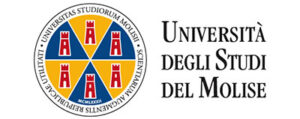
University of Molise
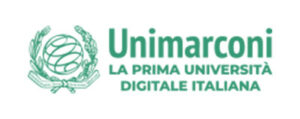
Guglielmo Marconi Telematic University

University LUM
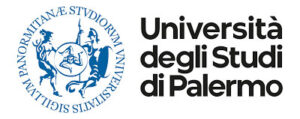
University of Palermo

University of Teramo
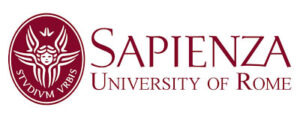
University of Rome

University of Campania 'Luigi Vanvitelli
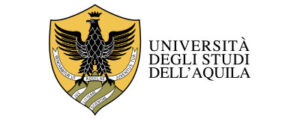
University of L'Aquila
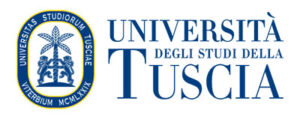
University of Tuscia

Viterbo University of Salento

University of Bolzano

University of Cassino
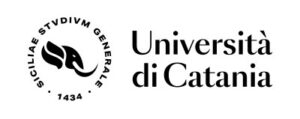
University of Catania

University of Florence
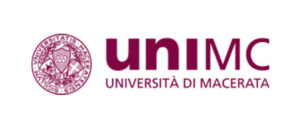
University of Macerata

University of Naples 'Federico II
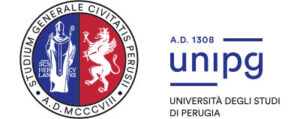
University of Perugia

University of Salerno
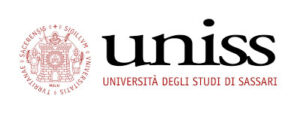
University of Sassari
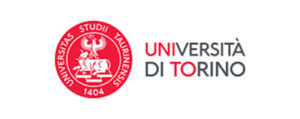
University of Turin

IUL University of Florence
Borghi Piu Belli D’Italia
The Association of ‘The Most Beautiful Villages in Italy’ was established around the objectives of protecting, promoting, and developing the municipalities recognised as Italy’s Most Beautiful Villages.
In March 2001 the Association of the most beautiful villages in Italy was born on the impulse of the Tourism Council of the National Association of Italian Municipalities (ANCI). This initiative arose from the need to enhance the great heritage of history, art, culture, environment, and traditions present in small Italian centres which are, for the most part, marginalised by the flow of visitors and tourists. In fact, hundreds of small “villages in Italy” are at risk of depopulation and consequent degradation due to a marginal situation compared to the economic interests that gravitate around the tourist and commercial movement. For this reason, the Association, which was not created to carry out a mere integrated tourism promotion operation, aims to guarantee – through protection, recovery and enhancement – the maintenance of a heritage of monuments and memories that would otherwise be hopelessly lost.
We do not offer “Heavens on Earth” but we want more and more people who return to live in small historic centres and visitors who are interested in knowing them can find those atmospheres, those smells and flavours that make “the typicality” a life model that is worth “taste” with all the senses.


